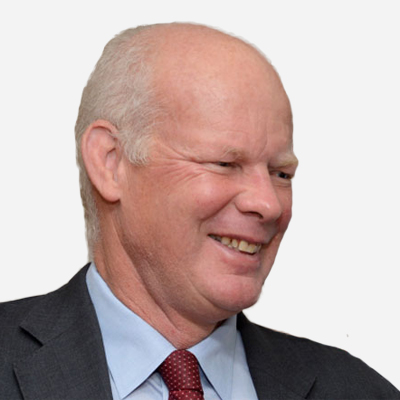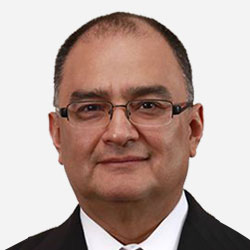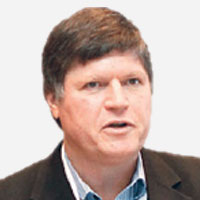Geospatial Knowledge Infrastructure and Transformation of National Geospatial Agencies
17-19 October 2021 Inntel Hotels Amsterdam Zaandam, The NetherlandsIntroduction
We live in an age where the human and machine worlds are coalescing, characterized by knowledge brought about by data, networks, and powerful tools. The value of geospatial technology has been established and is evident in the IT and engineering sectors - whether advanced medicine, automated vehicles, or online dating – with a combination of sensors, data, and analytics supporting human decision-making.
Objective
The key objective is to help participants understand the:
TARGET AUDIENCE
Agenda
Geospatial Knowledge Infrastructure leverages many new opportunities enabled by the 4th Industrial Revolution. It accelerates automation and knowledge-on-demand. It is as relevant for all nation. It supports the United Nations Vision 2030 agenda and its Sustainable Development Goals. Integrated Geospatial Information Framework is the framework of choice to implement the Geospatial Knowledge Infrastructure.
Objectives:
- To understand the GKI concept and key elements
- How 4th Industrial Revolution technologies can improve geospatial in the virtual world?
Key Topics:
- What is Geospatial Knowledge Infrastructure (GKI): the concept
- Key elements
- Relevance of Geospatial Knowledge Infrastructure
- GKI complimenting other initiatives
- Fundamental data themes, geospatial technologies, integration, value-applications to give knowledge

John Kedar
Objectives:
- To understand the value proposition and relevance of GKI in today’s context
Key Topics:
- Value proposition and relevance of GKI in today’s context
- How GKI will benefit National Mapping Agencies
- Changing role and transformation required

John Kedar
The Geospatial Knowledge Infrastructure (GKI) is a new concept to help harness the maximum value of geospatial knowledge, but with the UN GGIM Integrated Geospatial Information Framework (IGIF) an essential building block and enabler to success. The IGIF is nearing the end of its initial development, with the implementation guide. Whilst some nations are using the IGIF, some are not, and others are not aware how to use it.
Objectives:
- To understand the IGIF and its relationship with GKI.
- To understand how to use the IGIF in a national context.
Key Topics:
- What is the need for IGIF?
- The key components and pathways of the IGIF
- Overview of how the IGIF is being used globally, including practical IGIF national use/implementation, and the partners working on its delivery
- Relationship between GKI and IGIF

Greg Scott

Tim Trainor




































